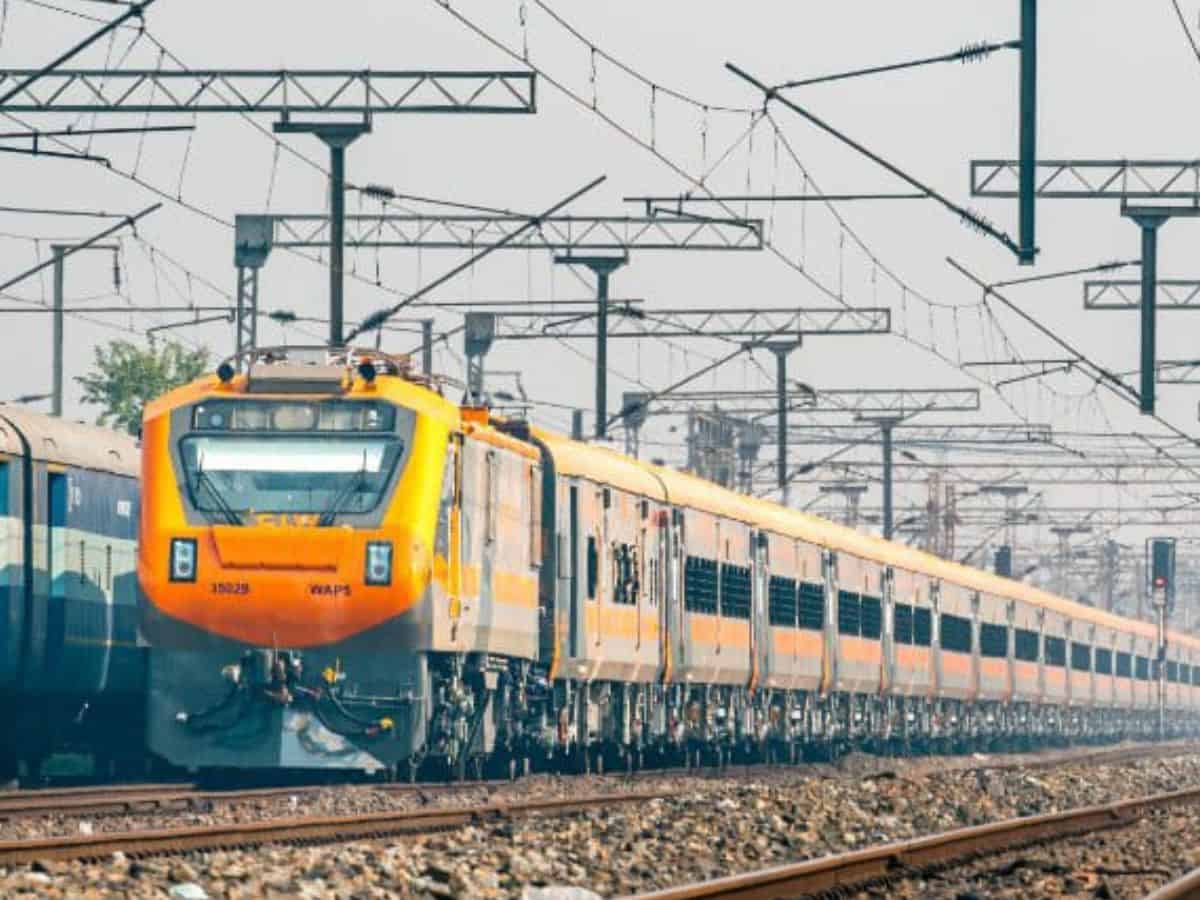
New Delhi: The first two Amrit Bharat Express trains, which Prime Minister Narendra Modi will flag off on December 30 from Ayodhya in Uttar Pradesh, are equipped with the latest technology to ensure that passengers do not feel any jerk at any point of the journey, railway officials have said.
The trains will run between Darbhanga in Bihar and Anand Vihar in Delhi via Ayodhya, and Malda Town in West Bengal and Sir M Visvesvaraya Terminus in Bengaluru.
With the help of semi-coupler technology, a unique innovation in train operations, Amrit Bharat trains offer a smooth journey across various destinations running at a maximum speed of 130 km.
This technology helps join two coaches in such a way that it negates the jerk effect when the train starts and stops.
In the old technology, used in several existing trains, the coaches were joined with the help of a kind of coupler due to which passengers felt a jerk when the train stopped or started.
“The Amrit Bharat trains have a special type of coupler called semi-permanent coupler which negates jerk effect. It is safer in terms of operation of the train as well,” Railway Minister Ashwini Vaishnaw recently said while inspecting the train at the New Delhi railway station.
Besides, the train is also equipped with the push-pull technology having two engines at both front and rear. While the front engine pulls the train, the rear engine pushes it ahead.
Vaishnaw said that a lot of changes were introduced in the train to incorporate the push-pull technology which provides better acceleration and deceleration.
“Better acceleration and deceleration help save time at bridges, curves and other points where trains have to run with a restricted speed,” he said.
According to a railway circular, it has other significant feature such as horizontal sliding windows, dust-sealed wider gangways, an aerosol-based fire suppression system in toilets and electrical cubicles, an emergency disaster management light, floor guide fluorescent strips, bench-type design for LWS coaches, segregation of reserved and unreserved coaches with sliding doors, etc.
